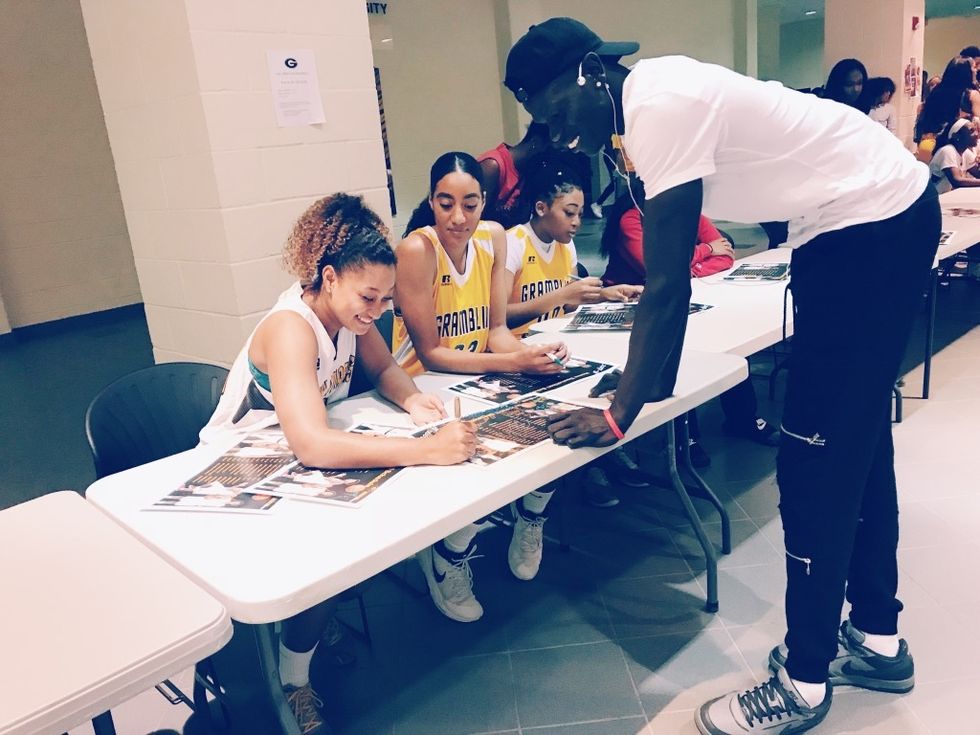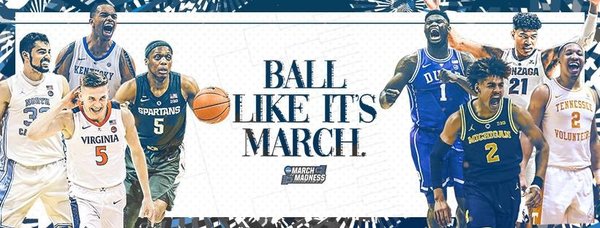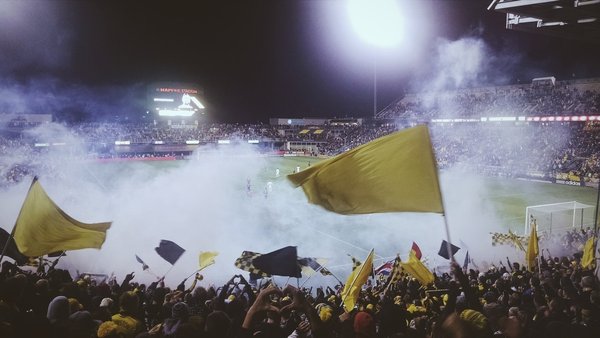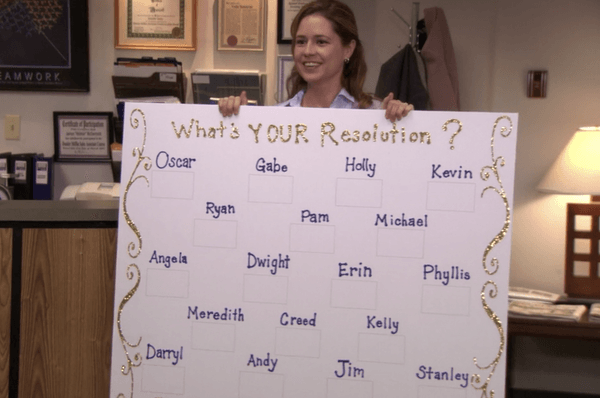So you're done playing... now what?
When you abruptly stop playing the sport you've played your whole life, something happens. I like to call this, Identity Theft.
This is something that many athletes, including myself, have experienced. Instead of waking up for conditioning at 6 am, you're waking up 15 minutes before class to get ready. You're no longer looking forward to or dreading practice (me) in the evening. Maybe you find that you're no longer "important" on campus. People aren't looking up to you anymore, and maybe you feel like you've just become a number. Some portion of your self-esteem has disappeared, you don't know where you belong anymore, and all of a sudden it's more difficult to make friends.
For some people, being an athlete is their main characteristic about themselves. Maybe even a personality trait, some may argue. Once you stop doing something you used to do everyday, a self-discovery journey is necessary. It's a journey that's for sure, and not a short one.
It's a marathon, not a sprint.
You may struggle to figure out who you are, all over again. It's comparable to recreating yourself. Some retired athletes will continue to thrive in their sport, even if they aren't playing for their school anymore. Some, like me, will go through the days, weeks, and months, not knowing what to do with themselves, or who they even are anymore (I didn't lift a weight or break a sweat for 6 months straight).
Before you know it, you begin to question yourself.
What am I good at? What am I passionate about now? Am I good at anything besides basketball?
These are the questions I asked myself every single day. Tearing my self-confidence down piece by piece because I didn't have the answers. I haven't always been the most social person, that being said, the friends I made were through sports. Teammates, opponents, fans- these were all friends I didn't need to work for. Not only that, I all of a sudden had all of this free time and had no idea what to do with it. Yeah, I could do homework, but that got boring after a while.
So what happens next? For me, it was depression.
Something that once defined you is no longer a part of your life anymore. The one thing that people thought about when they heard your name, is now nonexistent. The best way to describe life after being an athlete in my opinion is Identity Theft, because it almost feels like you've been robbed of a vital quality of yourself. And what's funny is I never thought it would be this way for me, because I never let basketball define me, yet there I was.
I'm here to say this:
Pick yourself up and remember who you are. Being great at that sport you once played was just one of the qualities of the stellar human being you are. You are more than your sport. You do have a purpose and a place in this world, even if you don't know it yet. This journey will be scary, but you'll discover new things about yourself that you didn't even know existed.
Since completing this self-discovery journey, I have learned that I am not as introverted as I thought I was, or at least used to be. I like art, music, and even writing. Never in a million years did I think I'd be writing articles that would be shown to the public. Helping people and learning about people is something I am now passionate about. I look back at my old self and sometimes can't recognize her because things are so different now, but I am grateful for those chapters in my life because they helped mold the person I am today.
I've learned the best life lessons from playing sports my whole life, and that is what should be taken from that whole experience. Very rarely do you end up playing your sport forever- everyone can't be a professional athlete.
Identity theft is a real issue that occurs in retired athletes. It is important that you, the athlete, understand what is going on, as well as the people around you.
This isn't the end of your life, it's truly just the beginning.









































